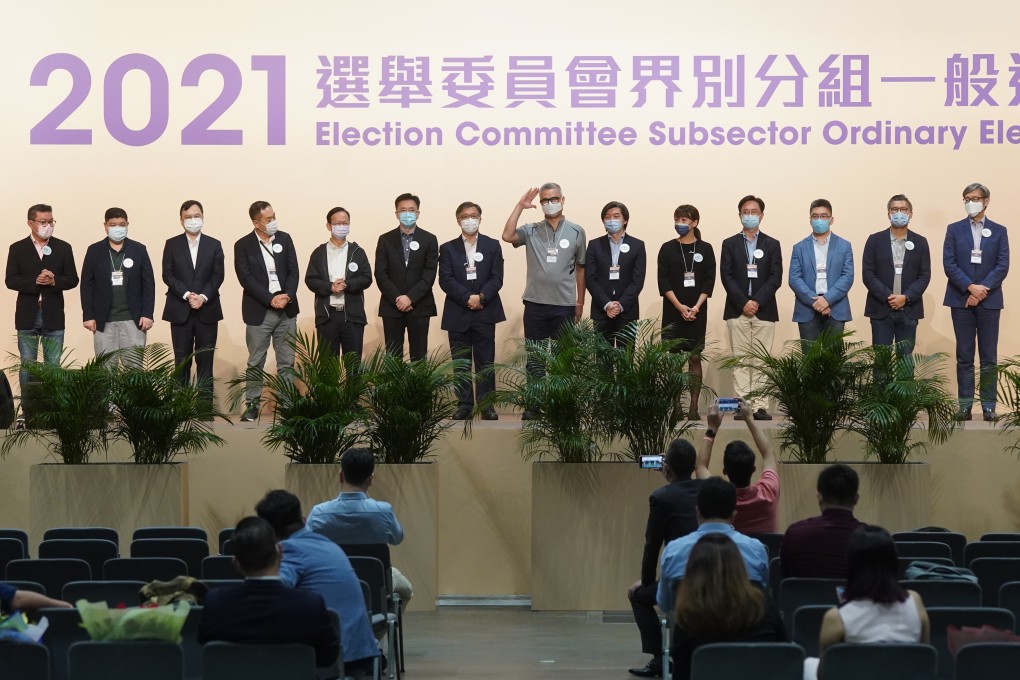Editorial | Election Committee members now bear an even heavier burden
- Sunday’s poll went off without a hitch – except for the 14 hours it took to count just 4,000 odd votes – but the real test is still to come as the public looks to the winners to discharge their duties conscientiously

The revamped, 1,500-strong Election Committee, a linchpin of Hong Kong’s overhauled voting system, is finally in shape following a peaceful poll marred only by grave counting delays.
With two bigger elections scheduled in December and March, the authorities must seriously review the process. Election Committee members must also put public good ahead of sectoral interests and exercise their duties conscientiously when selecting the next chief executive and legislators.
Sunday’s nine-hour poll closed without any drama, in contrast to the heavy presence of police to guard against disruption and chaos. The only issue was of the government’s own making – taking 14 hours to count 4,380 ballot papers. This came after Vice-Premier Han Zheng told Chief Executive Carrie Lam Cheng Yuet-ngor that the election must go smoothly.
Electoral Affairs Commission chief Barnabas Fung Wah apologised for the delay. This was the first time ballot papers were issued and counted electronically, while manual recording continued.

04:21
Explainer: How does Hong Kong select its government?
While the electronic machines reportedly could not read some papers, the problems went beyond technical glitches. “The counting staff lacked flexibility, and could not respond promptly and seek assistance when facing problems,” Fung said.
